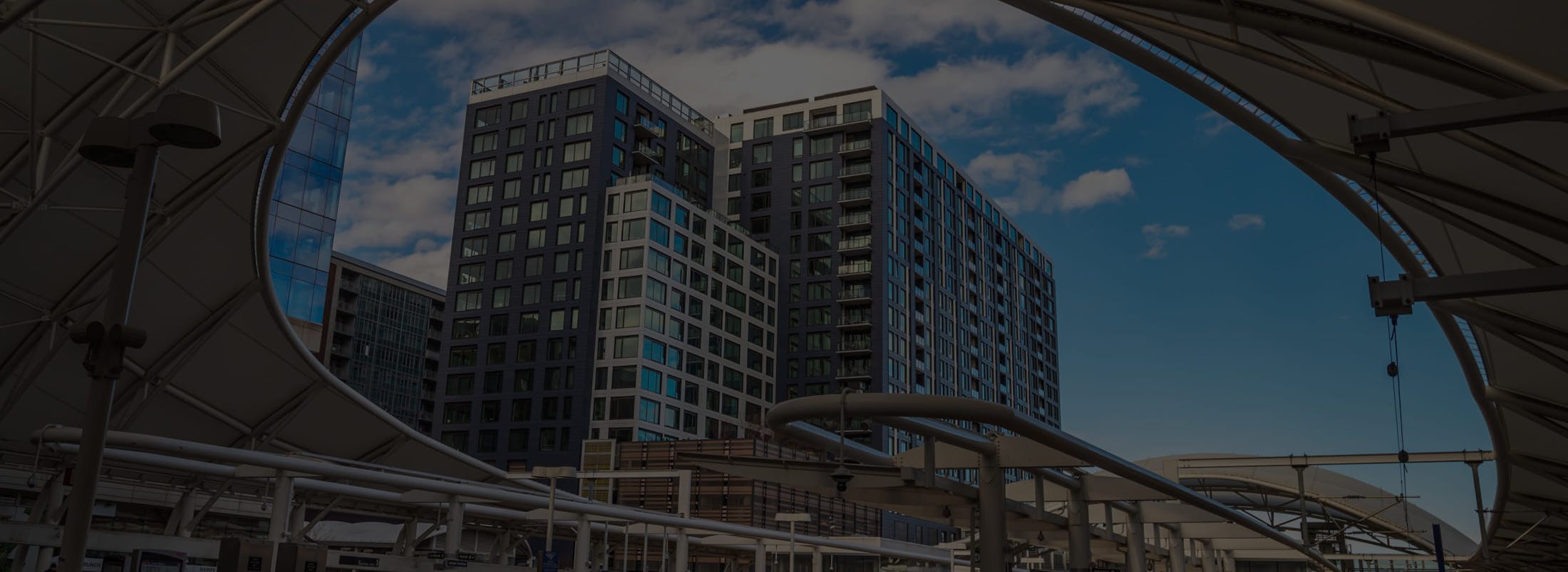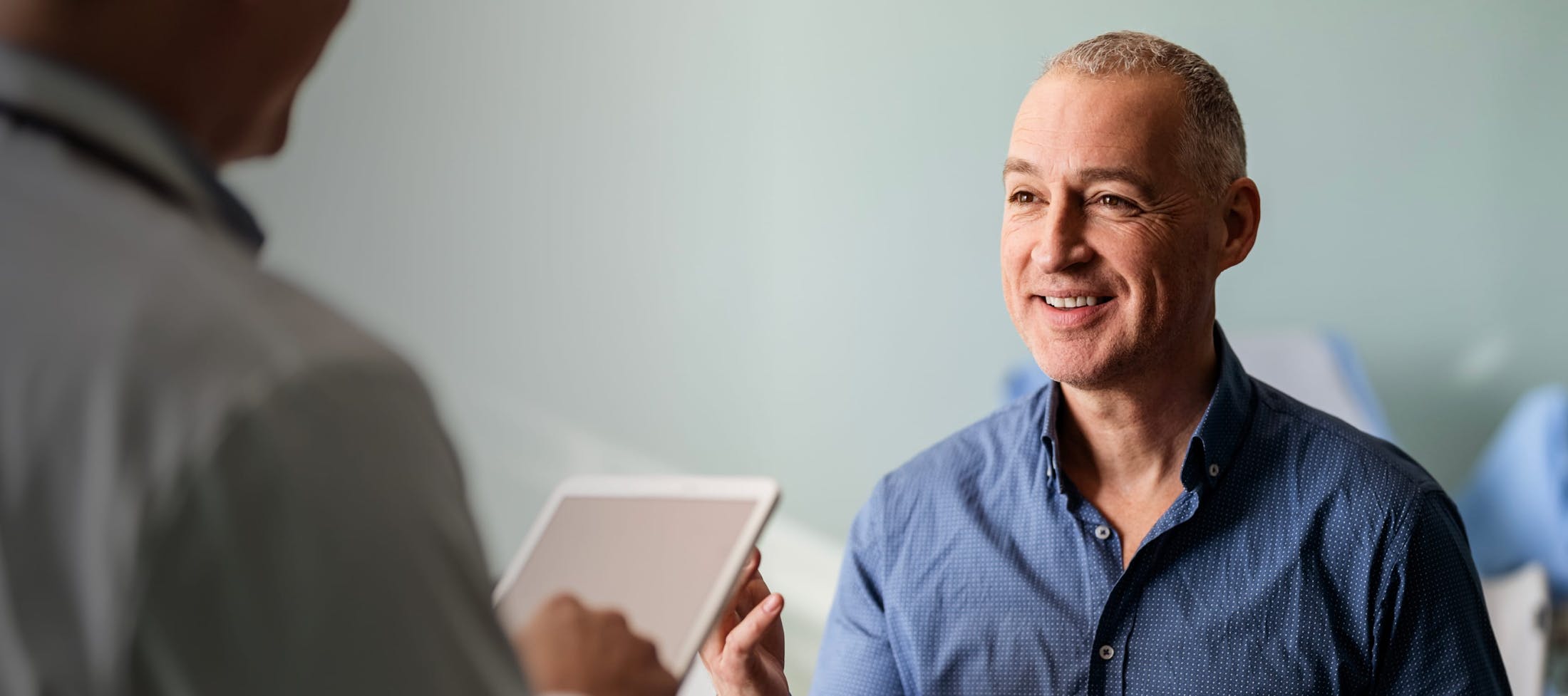At Peak Gastroenterology Associates, our approach to managing diverticular disease is holistic and patient-focused. We employ advanced diagnostic and treatment technologies for tailored care to address the symptoms and resolve the underlying cause of your condition. Our team of GI doctors ensures that every patient receives comprehensive guidance and support, making us the preferred choice for those seeking compassionate care for diverticular disease.
Nearly half of Americans over 60 have diverticular disease. If you have uncomfortable, painful symptoms that could be diverticular disease, schedule an appointment at one of our clinics in Colorado Springs, Castle Rock, Salida, Denver, Woodland Park, and Parker, Colorado. In addition to being leaders in the field of gastroenterology, we offer a full spectrum of top-tier care. Our renowned physicians have a variety of specialties, including hepatology, anesthesiology, and pathology. At our clinic, you can have all of your healthcare concerns addressed by qualified specialists in one convenient location.









